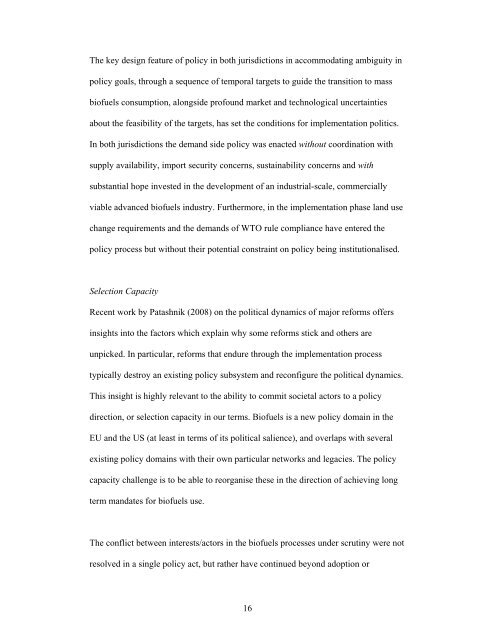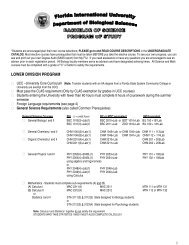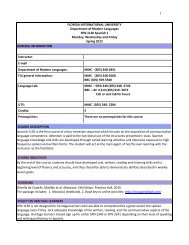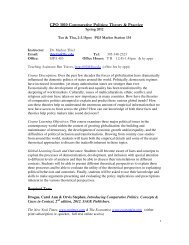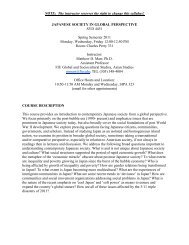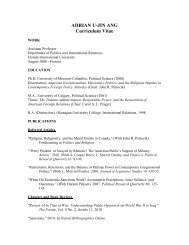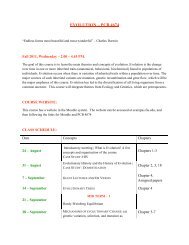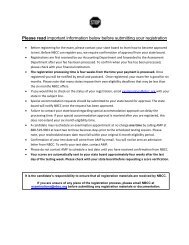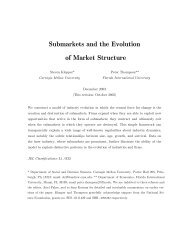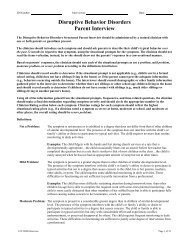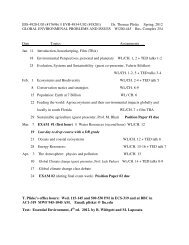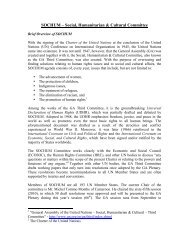Dr. Ackrill paper (*.pdf)
Dr. Ackrill paper (*.pdf)
Dr. Ackrill paper (*.pdf)
You also want an ePaper? Increase the reach of your titles
YUMPU automatically turns print PDFs into web optimized ePapers that Google loves.
The key design feature of policy in both jurisdictions in accommodating ambiguity in<br />
policy goals, through a sequence of temporal targets to guide the transition to mass<br />
biofuels consumption, alongside profound market and technological uncertainties<br />
about the feasibility of the targets, has set the conditions for implementation politics.<br />
In both jurisdictions the demand side policy was enacted without coordination with<br />
supply availability, import security concerns, sustainability concerns and with<br />
substantial hope invested in the development of an industrial-scale, commercially<br />
viable advanced biofuels industry. Furthermore, in the implementation phase land use<br />
change requirements and the demands of WTO rule compliance have entered the<br />
policy process but without their potential constraint on policy being institutionalised.<br />
Selection Capacity<br />
Recent work by Patashnik (2008) on the political dynamics of major reforms offers<br />
insights into the factors which explain why some reforms stick and others are<br />
unpicked. In particular, reforms that endure through the implementation process<br />
typically destroy an existing policy subsystem and reconfigure the political dynamics.<br />
This insight is highly relevant to the ability to commit societal actors to a policy<br />
direction, or selection capacity in our terms. Biofuels is a new policy domain in the<br />
EU and the US (at least in terms of its political salience), and overlaps with several<br />
existing policy domains with their own particular networks and legacies. The policy<br />
capacity challenge is to be able to reorganise these in the direction of achieving long<br />
term mandates for biofuels use.<br />
The conflict between interests/actors in the biofuels processes under scrutiny were not<br />
resolved in a single policy act, but rather have continued beyond adoption or<br />
16


